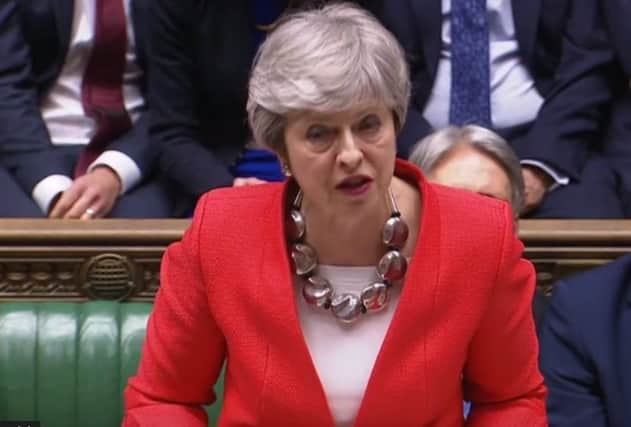UK politics polarised by Brexit


The term ‘Tory faithful’ for the party’s members was tested to the limit by the results. Many seemed to put the Brexit outcome they want – one with no compromise and no deal – ahead of the interests of the party they are supposed to support. This has increased the pressure to get a withdrawal deal in place, so that the government does not have to face European elections that would deliver an even bigger protest vote for pro-Brexit parties.
The polarisation of UK politics around a single issue has never been greater, and this applies too in the Labour party. It is not much better off over Brexit, with millions of its members and activists committed to leaving the EU regardless of the economic consequences. It was Labour constituencies that delivered the Brexit outcome, and activists believe chaos would help drive radical economic change. There are probably too many wise heads amongst Labour MPs to allow that to happen, but the heated political atmosphere of Westminster is not a good basis for sound decision making.
Advertisement
Advertisement
Ironically this could all help bring compromise. With a divided cabinet and party Mrs May has nowhere to go. There is no prospect of compromise with her Brexiteer MPs or with Conservative party members.
Her days as leader are numbered and the only way she can secure her political legacy is to do what she believes is the right thing for the country. That points to a deal with Labour. As things stand that would commit the UK to a customs union with the EU – although it would not be called that.
This would cement the divisions in the Conservative party over Europe. However that is a boil that has needed to be lanced since John Major was prime minister.
This is high wire politics, but that customs union idea could serve agriculture well. At a stroke it would ensure continuing access to our biggest export market in the EU-27 – albeit not on as attractive terms as being there of right through the single market. It would also block any plans to buy trade deals for the UK by allowing in cheap food imports. It would still allow the UK to have an independent agricultural policy, and would not be a million miles from what Owen Paterson promised three years ago at the UFU debate on the referendum at Balmoral Park.
Advertisement
Advertisement
So far compromise has been seen as a dirty word, but there is no way out of the Brexit mess without it. Only when that happens will businesses have any certainty about the future. In agriculture we are in the bizarre situation where prices are reasonable, but confidence is lower than on many occasions when prices were worse. We tend to see the EU as static, when that is clearly not the case. Westminster is stuck in a Brexit loop, but Brussels has parked that and is developing plans for the future. These include a new CAP, while in the UK it is hard to think of when a minister last made a meaningful announcement on agriculture.
No deal Brexit plans have been all but abandoned. The shipping contracts to offset the impact have been dropped at a cost of £30 million to the taxpayer. However there seems to be no planning for a post-Brexit future for agriculture. Brexit is being seen as the end point rather than the start of a process. Farmers deserve to see some realistic evidence of planning rather than a belief that once Brexit is agreed everything will fall into place.
If we are distanced from the EU, despite a customs union, we need to be putting plans in place for everything from approving veterinary drugs and agrochemicals to food promotion.
In the past week the EU has agreed a billion euro soft loan scheme for young farmers and plans to encourage farm forestry.
Advertisement
Advertisement
These are sound, practical ideas – but there is no evidence of any such long term thinking on agriculture in London. There the belief is that agreeing Brexit will solve everything and that is as wrong as it is possible to be.